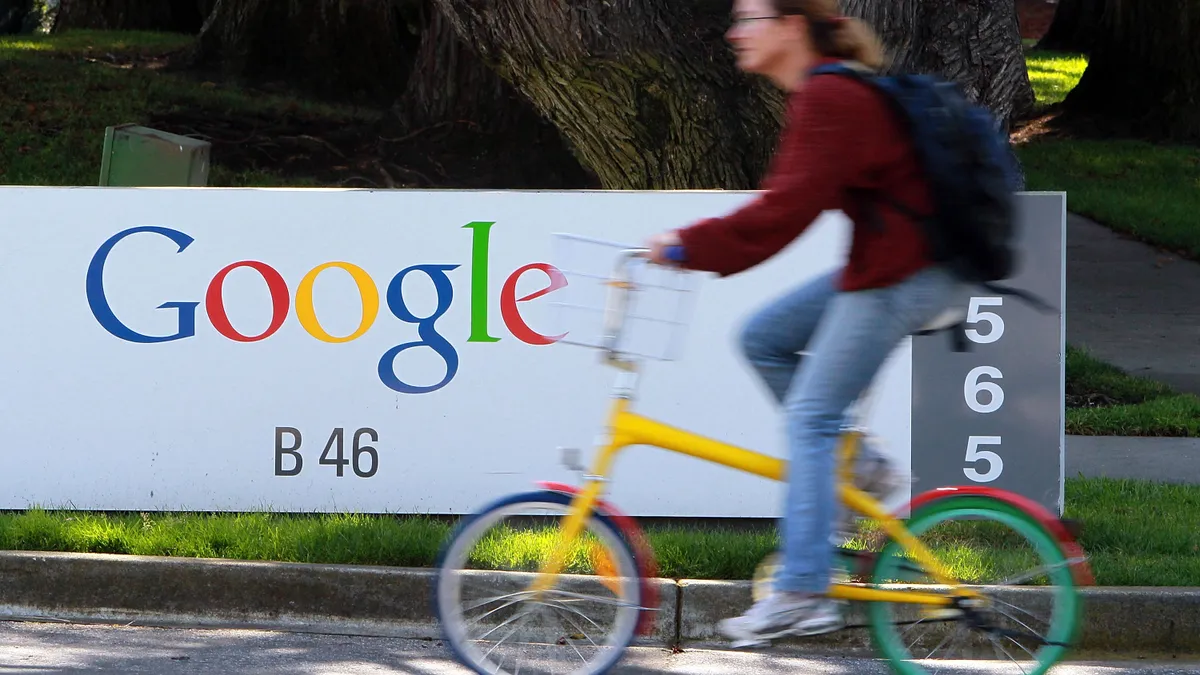Dive Brief:
- Google’s impending release of its series of Gemini foundational models will help it stand out in a crowded provider ecosystem, according to CEO Sundar Pichai, speaking during the company’s Q3 earnings call Tuesday.
- The tech giant positioned Vertex AI as the centerpiece of its AI enterprise offerings. The company’s in-development multimodal model, Gemini, can be accessed through the platform when released, Pichai said. The anticipated OpenAI GPT-4 rival is a combined project with Google’s DeepMind team.
- “We are just really laying the foundation of what I think of as the next generation series of models we’ll be launching throughout 2024,” Pichai said, according to a Seeking Alpha transcript. “We are developing Gemini in a way that it is going to be available at various sizes and capabilities.”
Dive Insight:
Google was an early incumbent to enter the race to embed generative AI into core tools and services. As more providers launched their own capabilities, simply offering generative AI stopped being innovative. It’s expected.
“It’s almost irresponsible for a vendor not to have AI in their literature somewhere or they’re irrelevant all of the sudden,” said Greg Myers, operating partner at investment firm Cota Capital, speaking Tuesday during the Dell Technologies Forum in Washington, D.C.
Enterprises are in search of the best of the best when it comes to tooling, but are taking different approaches to get there. Some are leaning on their existing cloud providers, drawn by the comfort of familiarity. Others are deploying crowdsourcing methods to empower employees, while another portion is waiting for the cream to rise to the top.
Google expects its array of solutions to win over customers as competition mounts. Currently, more than half of all the funded generative AI startups are Google Cloud customers, including AI21 Labs, Contextual, Elemental Cognition and Rytr, according to Pichai.
“I view it as a journey, and each generation is going to be better than the other,” Pichai said. “We are definitely investing and the early results are very promising.”
The company’s CapEx costs increased in Q3, reaching $8 billion from $6.9 billion in the previous quarter. The growth was driven “overwhelmingly” by Google’s technical infrastructure enhancements to support compute-heavy AI workloads, CFO Ruth Porat said. Upgrading infrastructure in preparation for increased adoption of generative AI is a trend across the cloud hyperscalers, including AWS, Microsoft Azure and Oracle.
“We remain committed to durably re-engineering our cost base in order to help create capacity for these investments in support of long-term sustainable financial value,” Pichai said. “Across Alphabet, teams are looking at ways to operate as effectively as possible, focused on their biggest priorities.”












